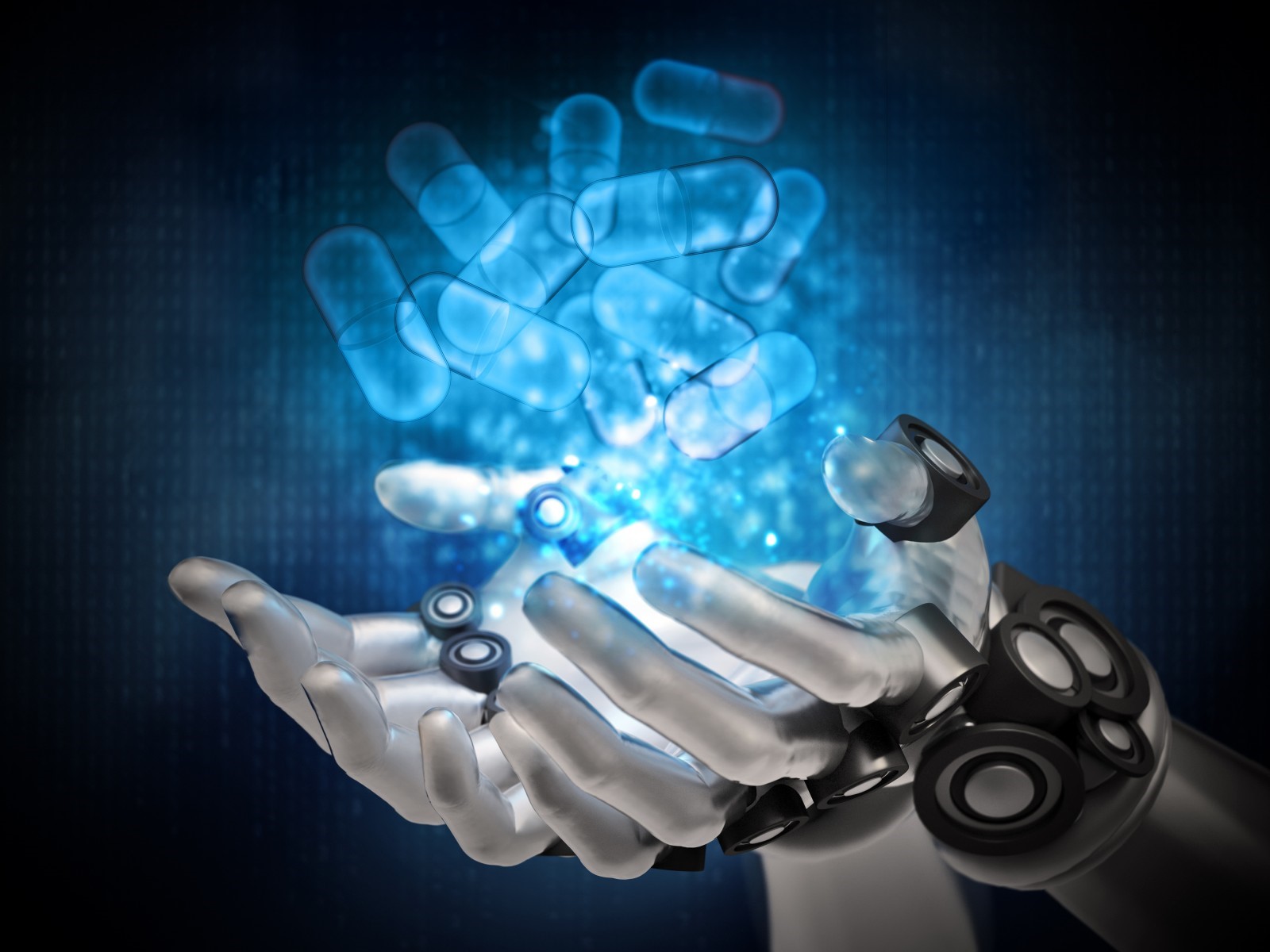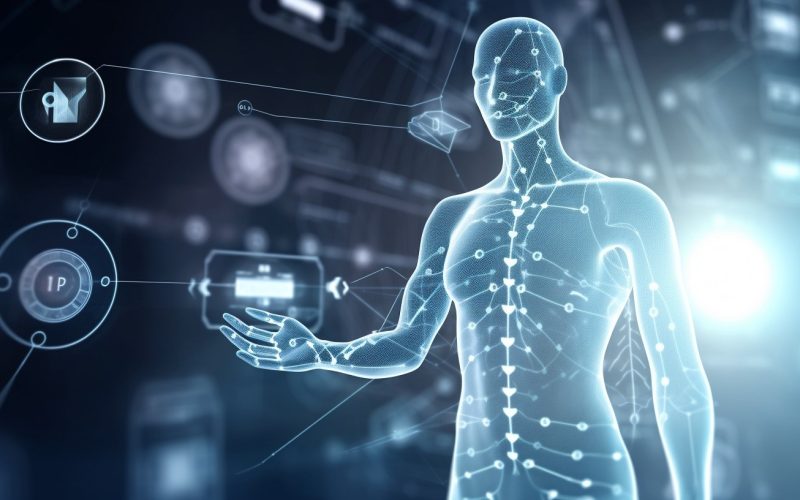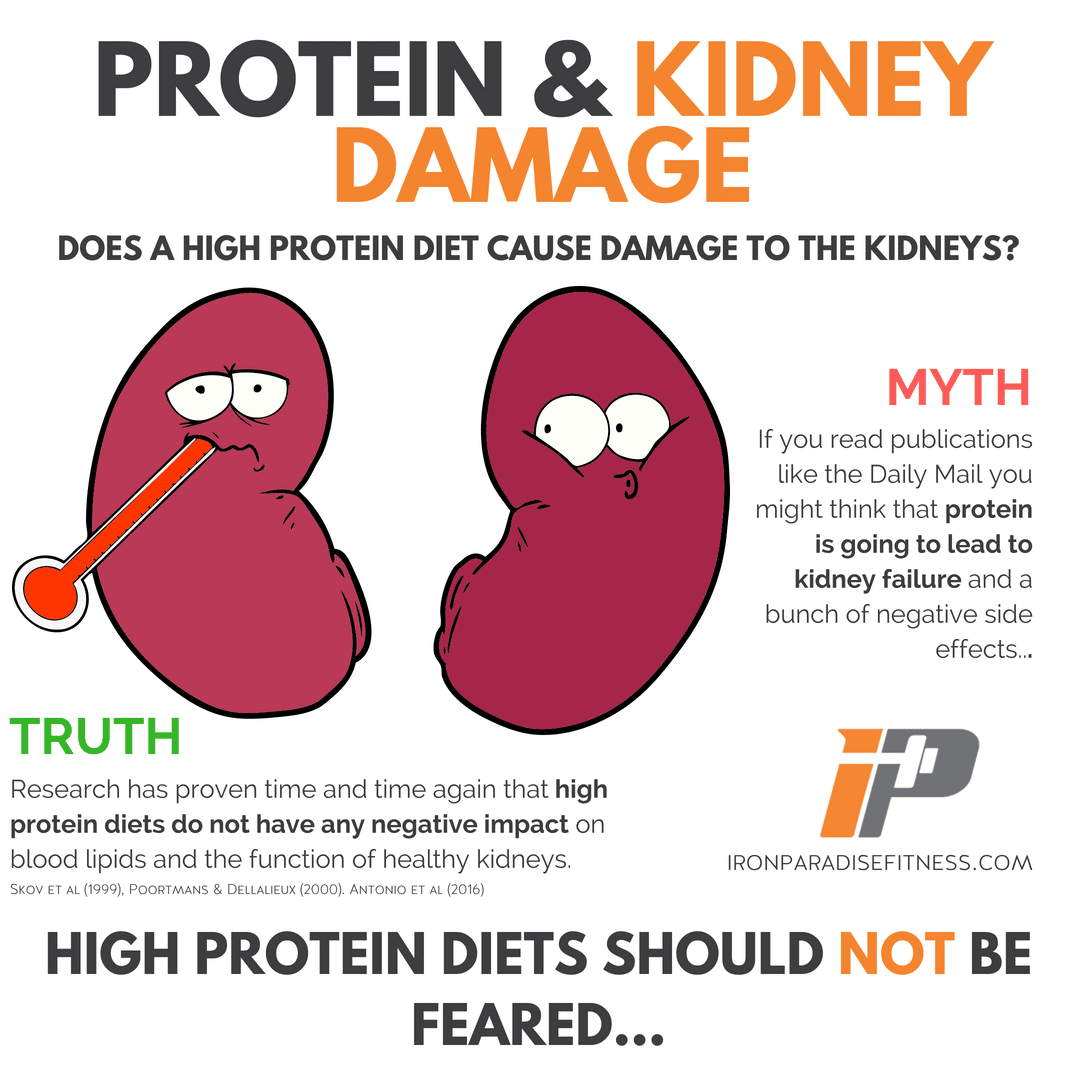The advent of Artificial Intelligence (AI) has revolutionized numerous industries, and healthcare is no exception. One of the most promising areas where AI is making a significant impact is personalized medicine. Personalized medicine, also known as precision medicine, tailors medical treatment to the individual characteristics of each patient. By leveraging AI, healthcare providers can now offer more accurate diagnoses, effective treatments, and predictive insights, transforming the landscape of modern medicine.
Understanding Personalized Medicine
Personalized medicine is an innovative approach that considers the unique genetic makeup, lifestyle, and environmental factors of each patient. Unlike traditional medicine, which often adopts a one-size-fits-all approach, personalized medicine aims to provide individualized care. The ultimate goal is to optimize therapeutic efficacy and minimize adverse effects, thereby improving patient outcomes.
The Role of AI in Personalized Medicine
AI technologies, including machine learning, deep learning, and natural language processing, are instrumental in analyzing vast amounts of medical data. This data-driven approach enables the identification of patterns and correlations that would be impossible for humans to discern manually. Here are some key areas where AI is transforming personalized medicine:
Genomic Analysis
Genomic analysis is at the heart of personalized medicine. AI algorithms can process and interpret complex genomic data more efficiently than traditional methods. By analyzing a patient’s genetic information, AI can identify mutations and variations that may contribute to specific diseases. This information is crucial for developing targeted therapies, particularly in the treatment of cancer. For example, AI-driven genomic analysis can help oncologists determine the most effective chemotherapy regimen for a particular patient based on their genetic profile.
Predictive Analytics
AI excels in predictive analytics, which involves forecasting future health outcomes based on historical data. Predictive models can assess a patient’s risk of developing certain conditions, such as cardiovascular disease or diabetes, by analyzing factors like genetic predisposition, lifestyle choices, and medical history. Early identification of at-risk individuals allows for timely interventions, which can prevent the onset of disease or mitigate its severity.
Drug Development and Repurposing
The traditional drug development process is time-consuming and costly. AI can streamline this process by identifying potential drug candidates more quickly. Machine learning algorithms can analyze vast datasets to predict how different compounds will interact with specific biological targets. Additionally, AI can assist in drug repurposing by identifying existing medications that may be effective against other conditions. This approach not only saves time and resources but also accelerates the availability of new treatments.

Personalized Treatment Plans
AI can help create personalized treatment plans by integrating data from various sources, including electronic health records (EHRs), wearable devices, and patient-reported outcomes. Machine learning models can analyze this data to recommend the most effective treatment options for individual patients. For instance, AI can assist in determining the optimal dosage of medication based on a patient’s unique characteristics, such as age, weight, and genetic profile. This level of precision reduces the risk of adverse effects and enhances therapeutic outcomes.
Diagnostics and Imaging
AI has shown remarkable capabilities in medical diagnostics and imaging. Machine learning algorithms can analyze medical images, such as X-rays, MRIs, and CT scans, with high accuracy. These algorithms can detect abnormalities and assist radiologists in diagnosing conditions like tumors, fractures, and infections. Furthermore, AI-powered diagnostic tools can analyze patient data to identify early signs of diseases, enabling prompt intervention and treatment.
Challenges and Ethical Considerations
While the integration of AI in personalized medicine offers numerous benefits, it also presents challenges and ethical considerations. One of the primary concerns is data privacy and security. The use of AI requires access to vast amounts of personal health data, which must be handled with the utmost care to protect patient confidentiality.
Another challenge is the potential for algorithmic bias. AI models are trained on historical data, which may contain biases that can be perpetuated in the predictions and recommendations made by the AI. Ensuring that AI systems are transparent, fair, and unbiased is crucial for maintaining trust in personalized medicine.
Additionally, the implementation of AI in healthcare requires significant investment in infrastructure, technology, and training. Healthcare providers must be equipped with the necessary tools and knowledge to effectively utilize AI-driven solutions. Collaboration between technology developers, healthcare professionals, and regulatory bodies is essential to address these challenges and ensure the safe and ethical use of AI in personalized medicine.
Future Prospects
The future of AI in personalized medicine is promising. As AI technologies continue to advance, their integration into healthcare will become more seamless and widespread. Here are some potential future developments:
Real-Time Monitoring and Intervention
AI-powered wearable devices and sensors can continuously monitor a patient’s vital signs and health metrics in real-time. This data can be analyzed to detect early signs of deterioration or complications, allowing for timely interventions. For example, AI algorithms can predict an impending heart attack based on subtle changes in a patient’s heart rate and provide immediate alerts to both the patient and healthcare providers.
Enhanced Patient Engagement
AI can enhance patient engagement by providing personalized health recommendations and educational resources. Virtual health assistants, powered by AI, can offer patients tailored advice on managing chronic conditions, adhering to medication regimens, and making healthier lifestyle choices. This level of personalized support empowers patients to take an active role in their healthcare.
Integration with Telemedicine
The integration of AI with telemedicine can further enhance the delivery of personalized care. AI-driven diagnostic tools can assist remote healthcare providers in making accurate diagnoses and treatment recommendations. Additionally, AI can facilitate remote monitoring and follow-up, ensuring that patients receive continuous care regardless of their geographical location.
Conclusion
AI is poised to transform personalized medicine by enabling more precise diagnoses, targeted treatments, and predictive insights. The integration of AI in healthcare holds the potential to revolutionize patient care, improve outcomes, and reduce healthcare costs. However, it is essential to address the challenges and ethical considerations associated with AI to ensure its safe and equitable use. As technology continues to evolve, the collaboration between AI developers, healthcare professionals, and regulatory bodies will be crucial in realizing the full potential of AI in personalized medicine.










